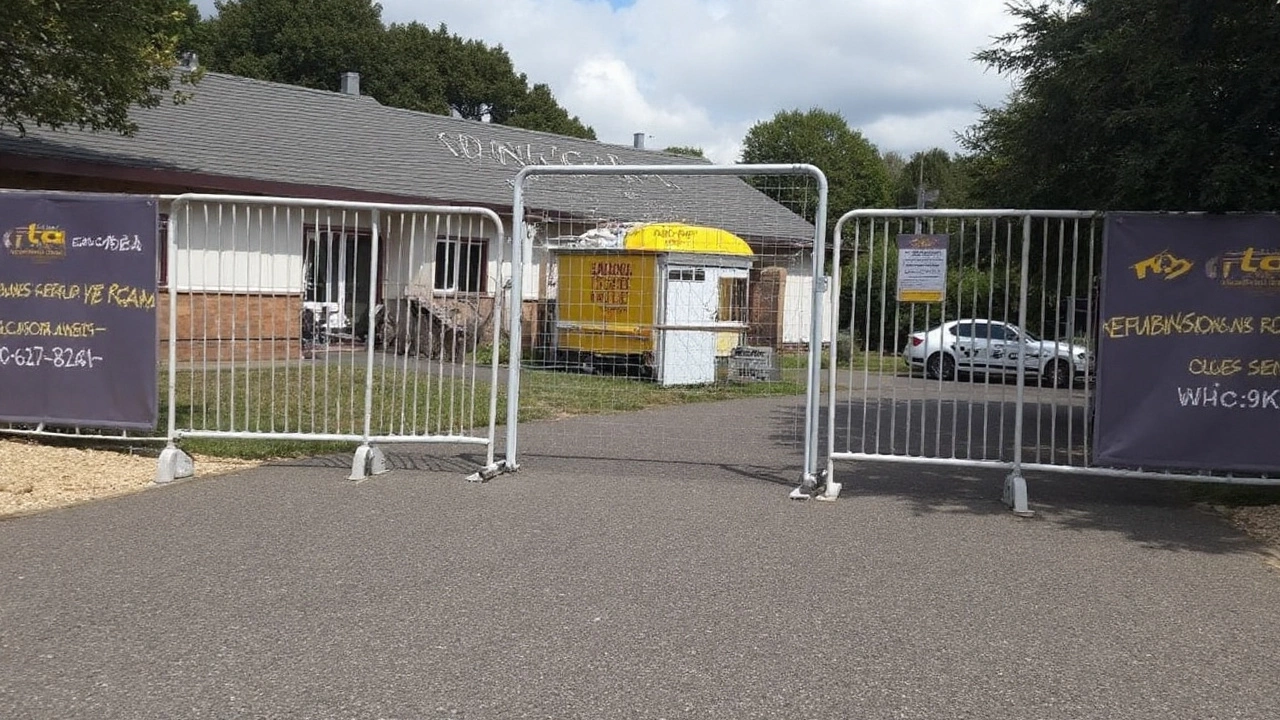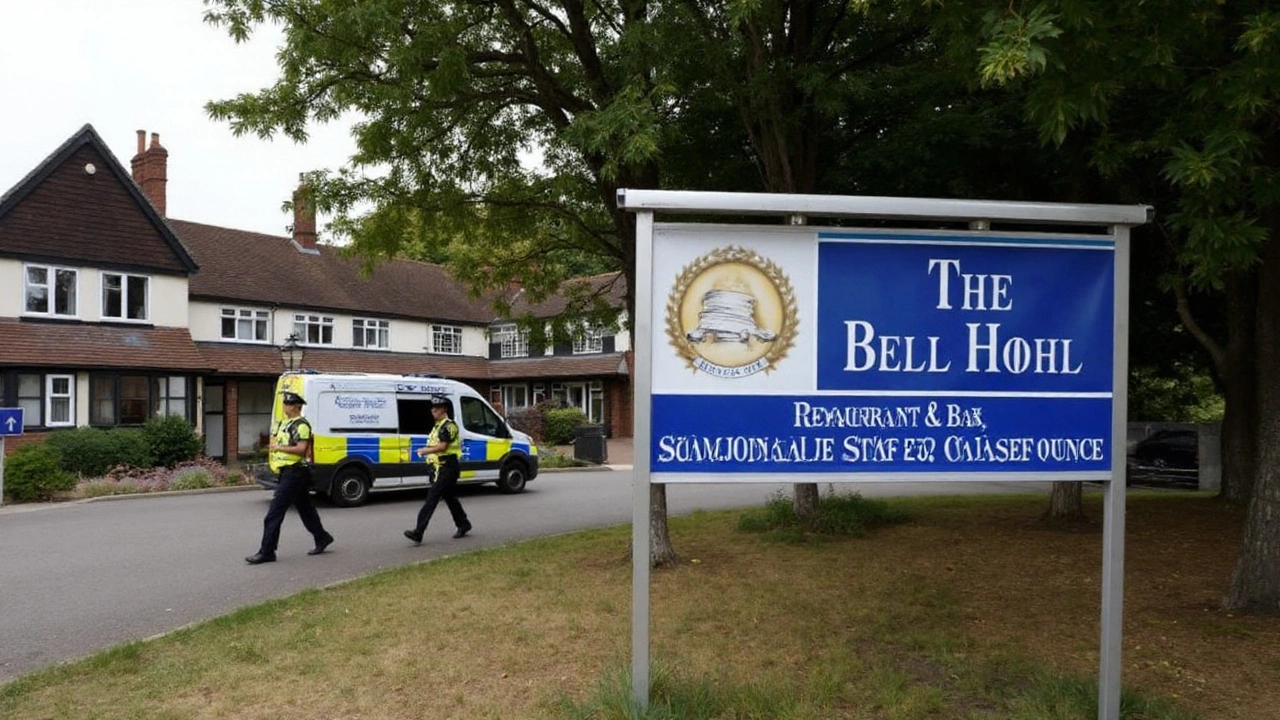What we know so far
Despite local chatter, there is no verified information that the Park Hotel Diss is being refurbished or preparing to reopen to paying guests. As of August 7, 2025, the only confirmed development is a deepening row over how the building is being used.
South Norfolk Council says the Home Office wants to change the site from accommodating families to housing single adult asylum seekers. The council opposes that switch and has served a planning enforcement notice on the hotel’s owner, telling them to submit a planning application to regularise any change of use. Officials have also warned they could issue a Temporary Stop Notice if the Home Office moves people in without permission.
The owner, facing that pressure and the uncertainty it brings, has said he is prepared to close the hotel entirely if the plan goes ahead. That would leave the building out of use while legal and planning questions are resolved. For now, there is no published refurbishment schedule, no listed contractor on site, and no reopening date for the public.
This dispute taps into a national story. Across the UK, the Home Office has used hotels as “contingency” accommodation because of backlogs and pressure in the asylum system. Councils often push back when they believe a hotel has moved from short-stay, paid guests to longer-term institutional use. In planning terms, that can count as a “material change of use” that needs permission.
That is why the enforcement notice matters. It forces a formal process: the owner must either apply for planning permission or risk further action. The council’s threat of a Temporary Stop Notice raises the stakes. A TSN can halt activity for a short window, usually up to 28 days, while enforcement is considered. It is intended to prevent an irreversible shift while the rules are tested.
None of this confirms a return to ordinary hotel trading. If anything, it points the other way: more months of uncertainty, potential legal appeals, and an empty or restricted site if the owner follows through on closing the doors.

Planning rules, policy tensions, and what happens next
Here’s the simple version of a complex planning argument. A hotel that serves short-stay guests sits in a standard “hotel” use class. When that building is used for long-term accommodation run to a fixed programme—especially with on-site management and specific welfare needs—planning inspectors often see that as different. They tend to look at length of stay, support services, and how the use affects traffic, noise, and neighbours. If the character of the use changes, planning permission is normally required.
Local authorities say they are not trying to block asylum seekers from getting a bed. They argue they are enforcing planning rules that apply to any big switch in use. The Home Office argues it has to act quickly to avoid people ending up on the street. That push-pull has landed in courtrooms and at planning appeals across England, with mixed outcomes depending on each site’s facts.
So what could happen in Diss?
- The owner submits a planning application to regularise the change. The council assesses impacts—management, security, transport, services—and decides. If refused, the owner or operator could appeal to the Planning Inspectorate.
- The Home Office proceeds without permission. The council issues a Temporary Stop Notice to pause the change while it considers further enforcement. If activity resumes, the council could seek an injunction.
- The owner shutters the hotel. That avoids the immediate clash but keeps the building idle. Any future use—whether public hotel, housing, or supported accommodation—would still need to be squared with planning rules.
- Both sides negotiate conditions. In some towns, disputes cool when operators agree to clear management plans: on-site staffing, local liaison, reporting lines, and time limits. That can tip a planning decision.
The big unknown is time. Even a fast-track planning application can take weeks. An appeal takes months. Legal action takes longer. Meanwhile, every week an occupied hotel stays in use, tensions rise; every week a closed hotel stays shut, the town centre loses footfall.
Local businesses often sit in the middle. A running hotel brings shoppers and diners into the high street. A long-running enforcement clash brings uncertainty. Residents, too, have practical questions: How many people will live there? For how long? Who manages issues after hours? Where do people register with a GP? Those are the kinds of details councils look for in any management plan.
There is also a difference between housing families and single adults. Support needs, safeguarding arrangements, and patterns of use are not the same. Police and local services usually ask to see clear protocols on casework, security, and information sharing. That is part of why a change from families to single adults means a fresh look at planning and management.
On the rumor mill: if you hear claims about a refurbishment or a grand reopening, the test is simple—look for a planning application on the council’s portal, a licensing update, or a formal statement from the owner or operator. Without those, treat talk of new rooms, new restaurants, or opening weekends as wishful thinking.
For people in Diss, the next real signals will be official: an application landing on the planning list, a notice of a Temporary Stop Notice, or a public statement from the Home Office or the council that the site’s use has changed. Until then, the story is not a makeover and a ribbon-cutting. It is a planning and policy fight with real local consequences, and no quick fix in sight.
